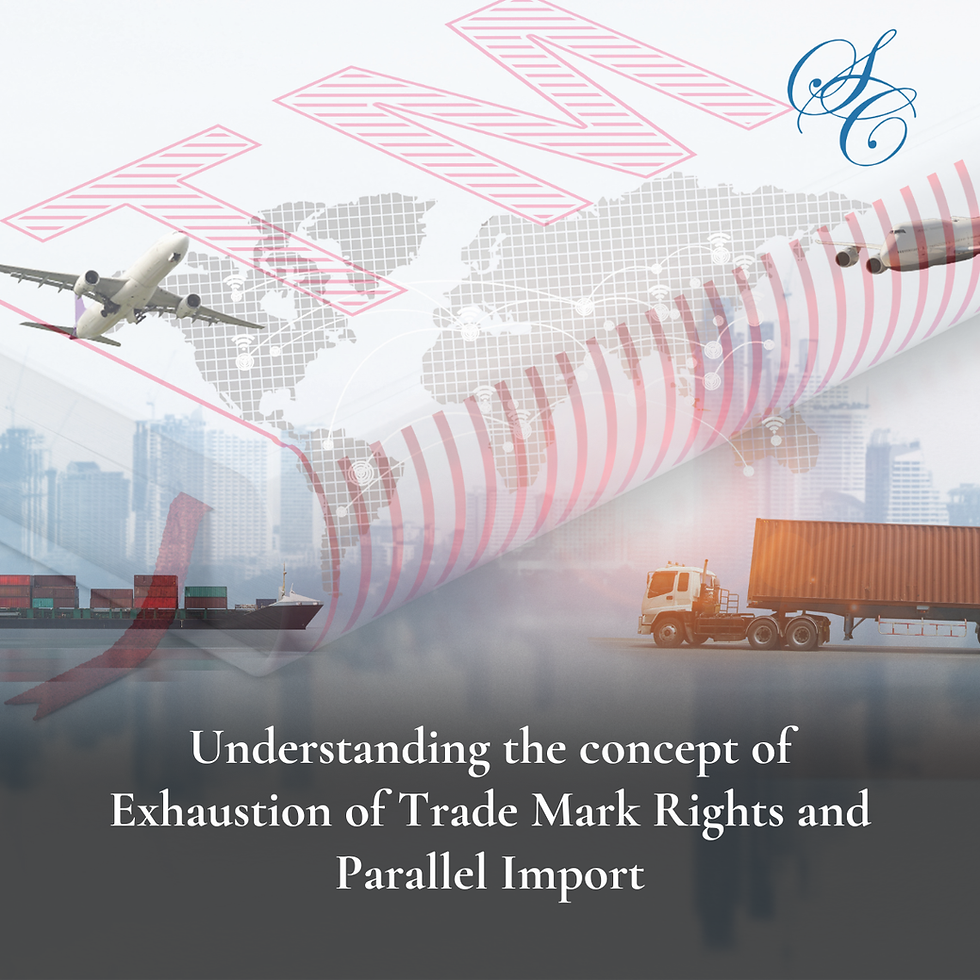Proposed IT Amendment Rules 2022 — Putting the Interests of Digital Indians First!
- Sarwajeet Singh
- Jun 20, 2022
- 3 min read
The past year was quite tumultuous for the social media giants and the Indian government with the coming into effect of the Information Technology (Intermediary Guidelines and Digital Media Ethics Code) Rules, 2021 (“IT Rules”) in May 2021. Soon after enactment, the constitutional validity of many provisions of the IT Rules was challenged before the High Courts by various social media intermediaries. Several industry bodies had also sought clarifications from the Ministry of Electronics and Information Technology (MeitY) regarding the applicability and compliance of some of the provisions of these rules.
To plug the infirmities and gaps in the IT Rules and to ensure that the constitutional rights of Indian citizens are not contravened by any “big-tech” platforms, earlier this month, the MeitY published draft amendments to the IT Rules for public consultation and stakeholders’ comments. Some of the key changes proposed by the draft amendments are discussed below:
Establishment of Grievance Appellate Committee(s): The proposed amendments provide for an additional forum, besides judicial recourse, to prefer appeals from the decisions of the Grievance Officers appointed under the IT Rules — Grievance Appellate Committee. Any person who is aggrieved by the decision of a Grievance Officer can appeal to the relevant committee having jurisdiction within 30 days from the receipt of the decision from the Grievance Officer. Such appeals will need to be disposed of within 30 days from the date of receipt of the appeal.
Due Diligence by Intermediaries: The IT Rules mandate intermediaries to publish their rules, regulations, privacy policy and user agreement on their website and mobile application with easy accessibility. The proposed amendments cast an additional obligation on the intermediaries to “ensure compliance of the same”. Further, the proposed amendments cast a positive obligation on the intermediaries to cause their users not to host, display or publish any information which is unlawful under the provisions of the IT Rules.
The amendments also require intermediaries to take all the reasonable measures to ensure accessibility of their services to the users along with a “reasonable expectation” of due diligence, privacy and transparency.
Changes in Grievance Redressal Mechanism of Intermediaries: The IT Rules require any complaint made to an intermediary to be acknowledged within 24 hours and disposed of within 15 days of its receipt. The proposed amendments clarify that such complaints include those pertaining to suspension, removal or blocking of any user/user account and those complaints in the nature of request for removal of information which is, inter alia, defamatory, obscene, in violation of someone else’s IP, deceptive and false. They also include a provision for expeditious redressal of certain complaints, including those pertaining to violation of IP, within 72 hours of reporting.
Disputing Actions taken by Platforms: The IT Rules, as they are currently, provide for the appointment of a “Resident Grievance Officer” by the significant social media intermediaries (SSMI) to ensure an oversight over the dispute redressal mechanism. The proposed amendment suggests that now this officer may also have the authority to adjudicate upon disputes related to suo moto take down of any content by an SSMI.
The draft amendment rules are open for public feedback and stakeholder recommendations until early July 2022. The proposed amendments aim to ensure an open, safe, trusted and accountable Internet for “Digital Nagriks”, i.e., Indians using the Internet, by providing a robust grievance redressal mechanism against intermediaries and the conduct of the grievance officers. If the proposed amendments are notified as is, they will add various layers of protection to safeguard the interest of Internet users.




Comments